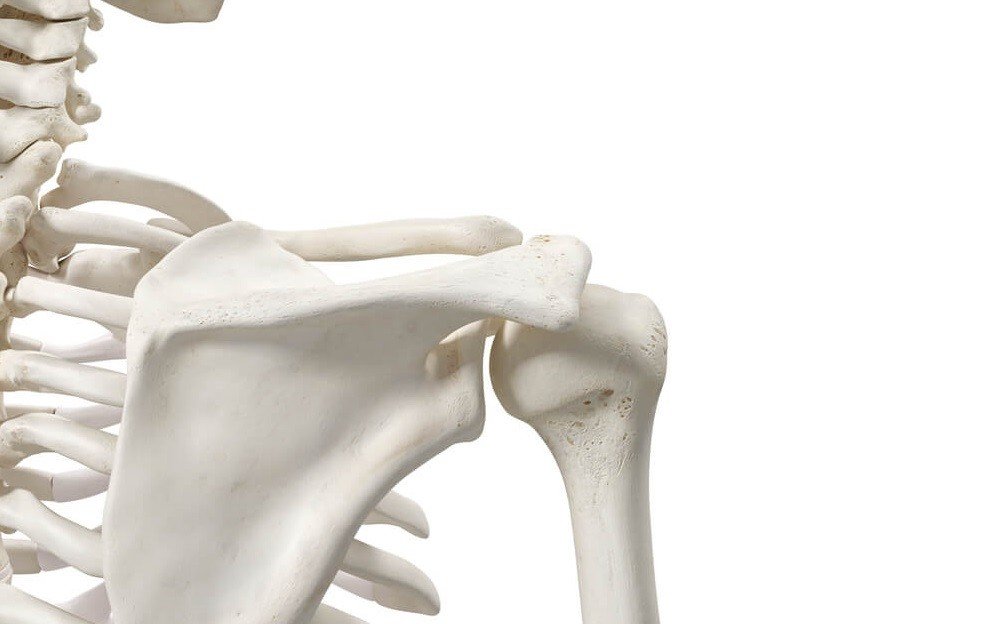Arthritis Awareness Month: 8 Anti-Inflammatory Spices, Herbs & Foods
Arthritis Awareness Month: 8 Anti-Inflammatory Spices, Herbs & Foods
Did you know that arthritis is the leading cause of disability in America? More than 50 million adults and 300,000 children are currently dealing with joint pain. That’s a lot of “ouch”. May is Arthritis Awareness Month, which helps all of us understand this common health issue. Although there are more than 100 different forms of arthritis and related diseases, we’d like to focus on ways to support joint health and a healthy inflammatory response.
Inflammation is the body’s natural way of responding to irritants, injuries and pathogens. You know how the area around a common cut sometimes swells and turns red? That’s because white blood cells come to the rescue to fight infection and help heal the damaged tissue. In this case, inflammation is a good thing. But when inflammation becomes chronic, it can show up as stiff, painful joints, allergies, cardiovascular disease, and other chronic health problems.
Research shows that once you hit 50, it’s harder to put the break on inflammation.1 So start now by incorporating the herbs, spices and foods that help reduce chronic inflammation. An anti-inflammatory diet emphasizes a high intake of vegetables and fruit because they are rich in phytochemicals (plant chemicals) which help reduce harmful levels of chronic inflammation. Most herbs and spices, as well as nuts and whole grains, are also rich in phytochemicals. Here are some of the best herbs, spices and foods that help reduce arthritic inflammation!
1. Boswellia Serratta
Boswellia serrata extract has been used for centuries in Ayurvedic medicine and is one of the most thoroughly studied natural remedies for inflammation. It has been shown that Boswellia acids may reduce swelling and pain in knee joints.2 A randomized, double blind, placebo controlled 90-day clinical trial showed that 5-Loxin—Boswellia serrata extract significantly reduced pain and swelling, and increased knee flexibility in a group of patients with osteoarthritis of the knee, when compared to a group that took a placebo.3
2. Curcumin
Curcumin, the extract in the yellow spice turmeric, has also been a revered medicinal herb in Ayurvedic medicine for thousands of years. As an antioxidant, curcumin neutralizes free radicals, which can damage healthy cells and cell membranes. Free radicals are responsible for the painful joint inflammation and eventual damage to the joints, so it can be important to find ways to support a healthy inflammatory when possible.4
3. Devil’s Claw
Devil’s Claw is an herb with a long history of use among the natives of South Africa for musculoskeletal complaints, such as lower back pain. Now researchers are finding that Devil’s Claw extract is a safe alternative to NSAIDS (ibuprofen, acetaminophen) and COX inhibitors (Celebrex) for relieving pain. In a study in Germany, 75 patients who had arthritic hips or knees took Devil’s Claw extract for 12 weeks. The physicians reported a continuous improvement in typical clinical findings such as 45.5% for pain, 35% for limitation of mobility.5, 6
4. Ginger Root
Ginger root was identified in 1970 as a medicinal herb that shares pharmacological properties with non-steroidal anti-inflammatory drugs. It inhibits the induction of several genes involved in the inflammatory response including cytokines, chemokines and the enzyme cyclooxygenase-2. This discovery provided the first evidence that ginger modulates biochemical pathways activated in chronic inflammation.7
5. Tart Cherry

Tart cherry has been extensively studied for its ability to reduce inflammation. This is because tart cherries contain active compounds, including polyphenols called anthocyanins, that may contribute to its antioxidant and anti-inflammatory effects.8
6. Blueberries
Blueberries are packed with antioxidants and flavonoids, and are high in potassium and vitamin C, making them a top choice for reducing inflammation and supporting overall health.9
7. Olive Oil
Olive oil contains polyphenols that have antioxidant, anti-inflammatory and immunomodulatory properties. Furthermore, these properties are associated with reducing risk of developing chronic degenerative disorders, including arthritis.10
8. Walnuts
Walnuts contain antioxidants, vitamins, dietary fiber, and alpha linoleic acid (ALA), an anti-inflammatory omega 3-fatty acid that helps reduce arthritic inflammation and supports cardiovascular health.11
Overall
If you haven’t tried switching to a Mediterranean based diet yet — which emphasizes eating non-inflammatory foods as described above — this month, arthritis awareness month, would be a great time. You’ll be reducing your risk of inflammation, as well as eating scrumptious, good-for-you foods.

















